
Volkswagen Engines and Transmission Repair Manuals Wiring Diagrams

The 2.0L TSI engine uses a hydraulic vane cell adjuster on the intake camshaft to affect valve timing. Only the intake camshaft has variably adjusted timing on this engine. Oil pressure for this task is provided by the engine oil pump. The variable camshaft adjuster provides an adjustment range of 60° crank angle.
FileVolkswagen R36 engine cutout 2 EMS.jpg Wikimedia Commons

The 2.0 TDI engine belongs to the EA188 family. This engine is the redeveloped 1.9-liter TDI engine. The 2.0-liter TDI was the first Volkswagen diesel engine with four valves per cylinder used in 2004 Golf, Passat, and another vehicle. The cylinder block is made of gray cast iron.
Is there anything more VERSATILE then a VW Beetle?

Volkswagen's 2.0 TDI engine has been given new sophisticated twin dosing technology in the exhaust gas system to undercut the Euro 6d emission standard limits while also running quietly and smoothly. The four-cylinder TDI engine with the internal designation EA 288 made its debut in 2012. Six years later, it took an enormous development step.
Volkswagens to Feature 1.5Liter Engines, Golf 7 Facelift Will Be the First autoevolution
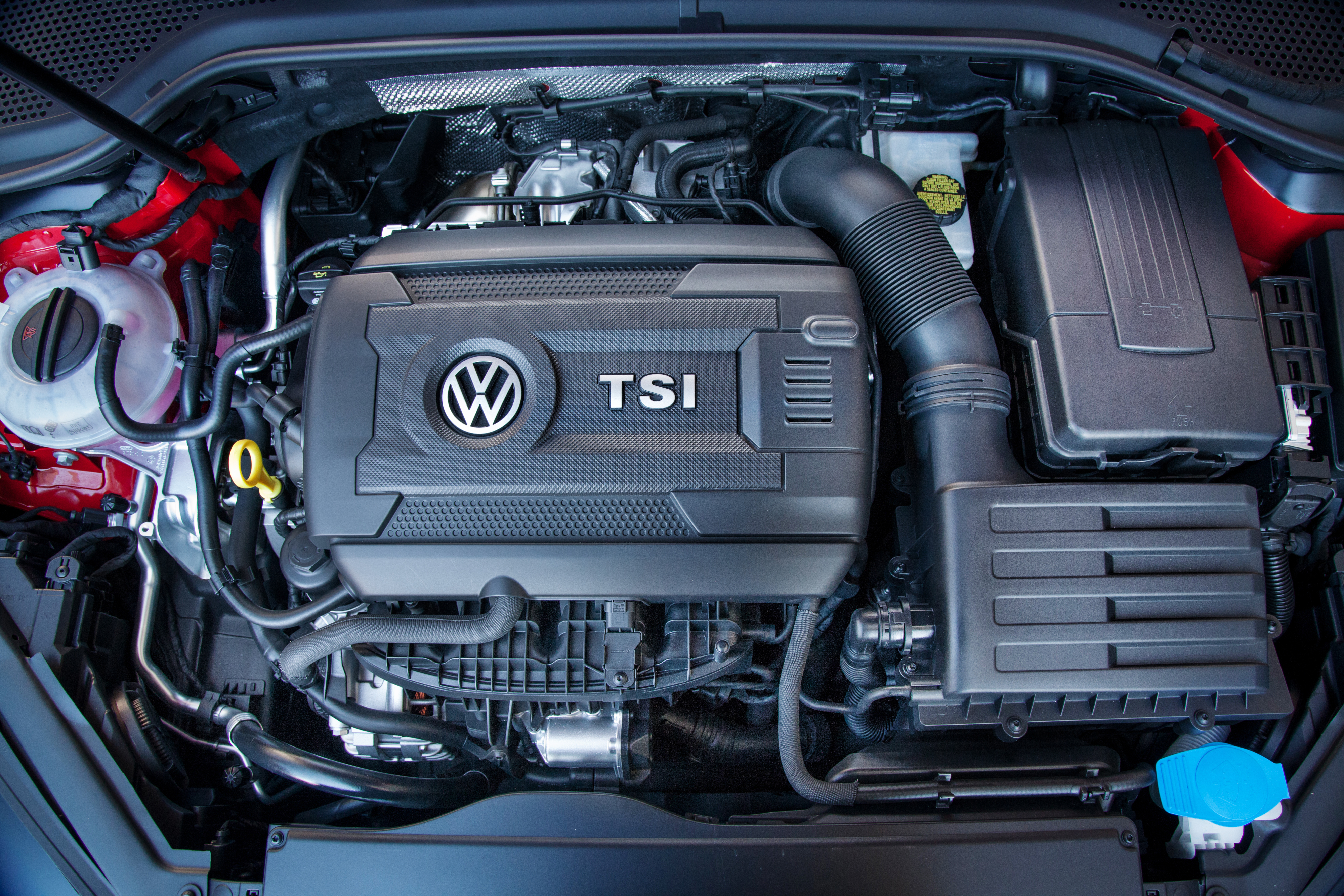
Another very common VW 2.0 TSI/TFSI engine problem is the issue with the timing chain. This engine, if you didn't know, is using a chain. What is worth noting is that the timing chain can fail in two ways. In one case, the chain can stretch at higher miles. And in the second situation, you can get a timing chain tensioner failure and have to.
Volkswagen Takes Engine Of the Year Award for the 1.4 TSI autoevolution
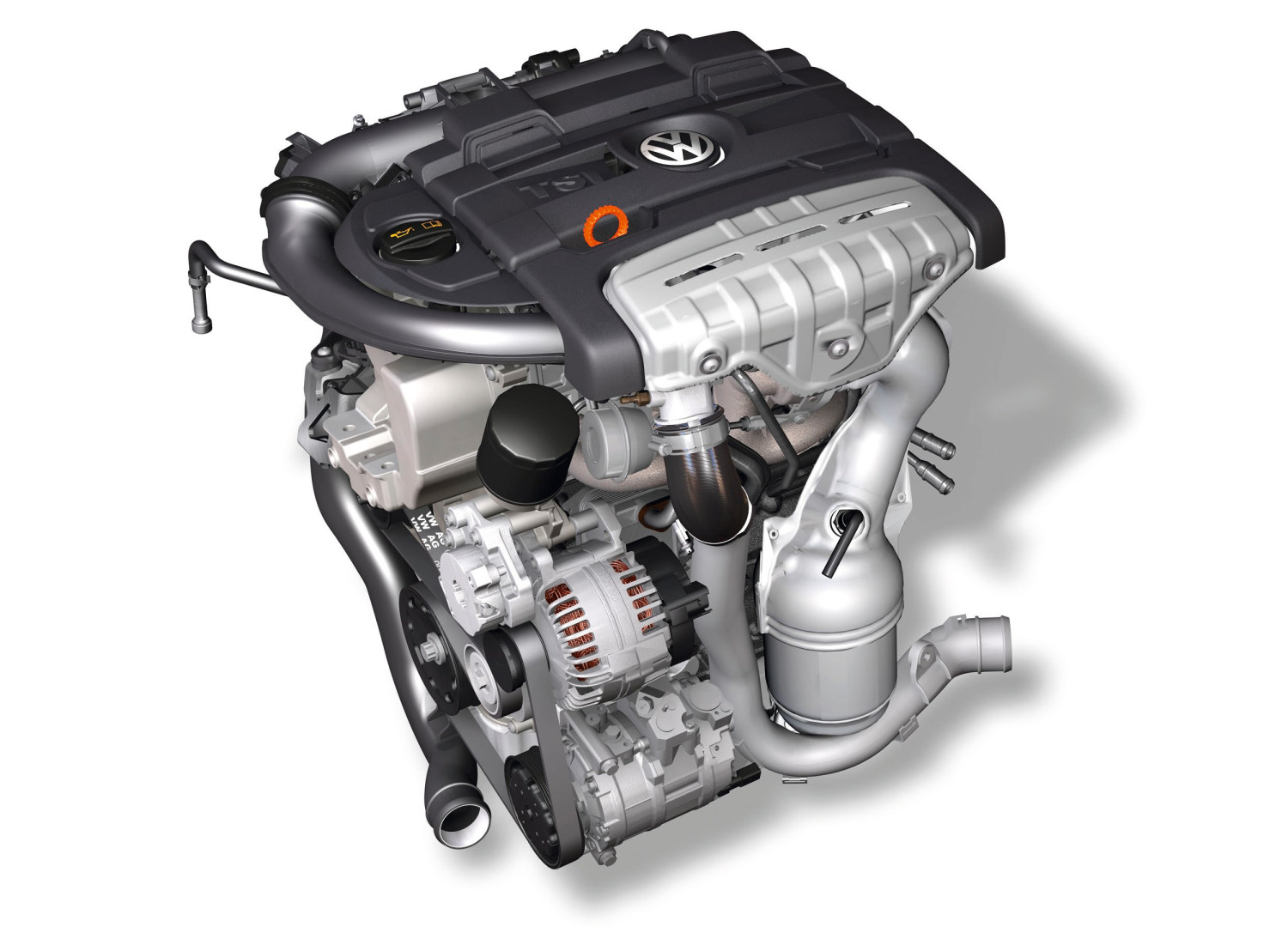
The VW Atlas gets a big update to its powertrain for 2024. As in a new engine that replaces both the previous four-cylinder and VR6 options. The new 2.0 Turbo 4-cylinder engine delivers 2 69.
VOLKSWAGEN VW 1.6L DIESEL TURBO ENGINE AND MANUAL TRANSMISSION JDM Auto Parts USA
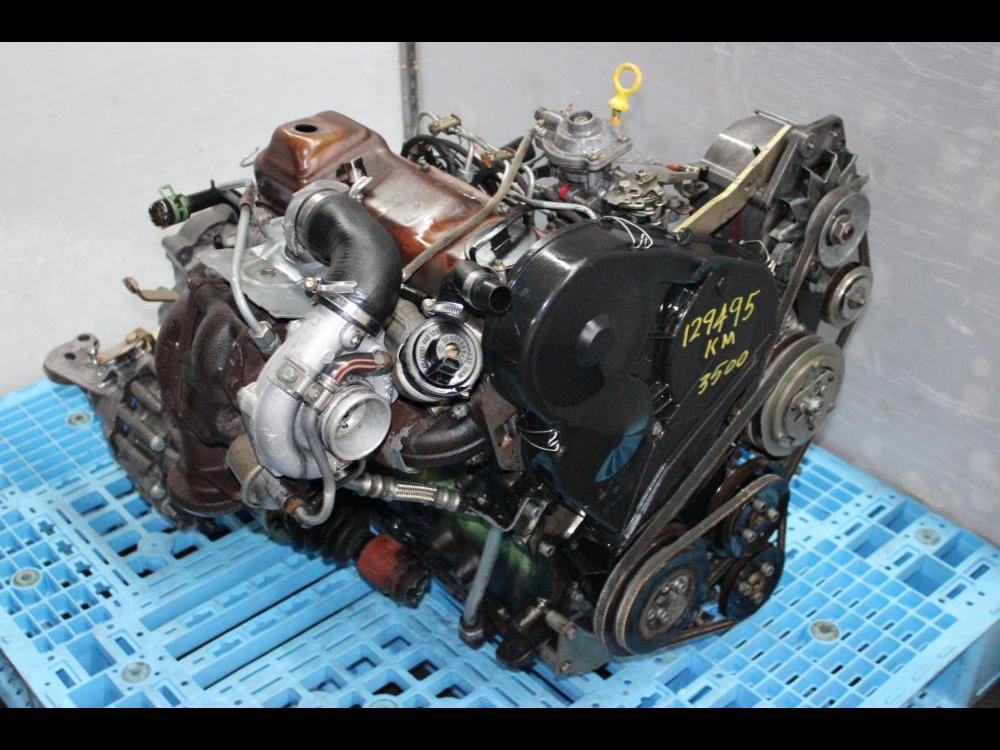
The VW 2.0 TDI engine is notorious for fuel injector failure, a common problem that can create significant engine trouble and high repair costs. The primary warning signs of this failure include excessive smoke from the exhaust, a poorly running engine, unexplained loss of power, or engine misfires. Excessive mileage and age can cause internal.
Volkswagen TSI Engines Explained autoevolution
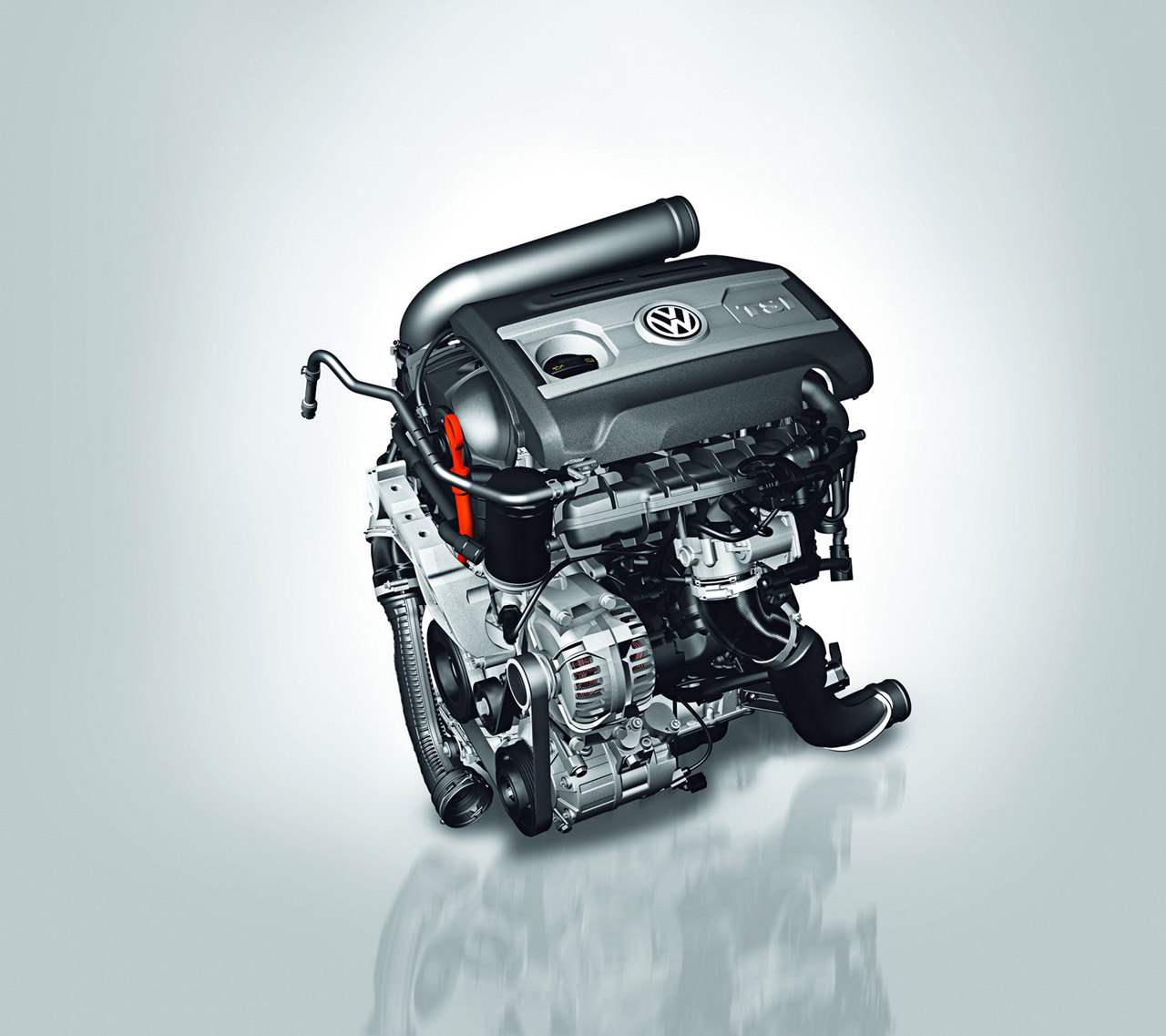
The engine has forged steel crankshaft with four counterweights instead of eight. It reduces the load on the crankshaft bearings and the noise from vibrations. The 2.0 TDI CR uses its pistons with a more volume combustion chamber, because of this the engine has lower compression ratio 16.5:1. The most noticeable change is the new cylinder head.
Volkswagen Receives Approval Of Dieselgate Fix For 1.1 Million 2.0 TDI Engines autoevolution
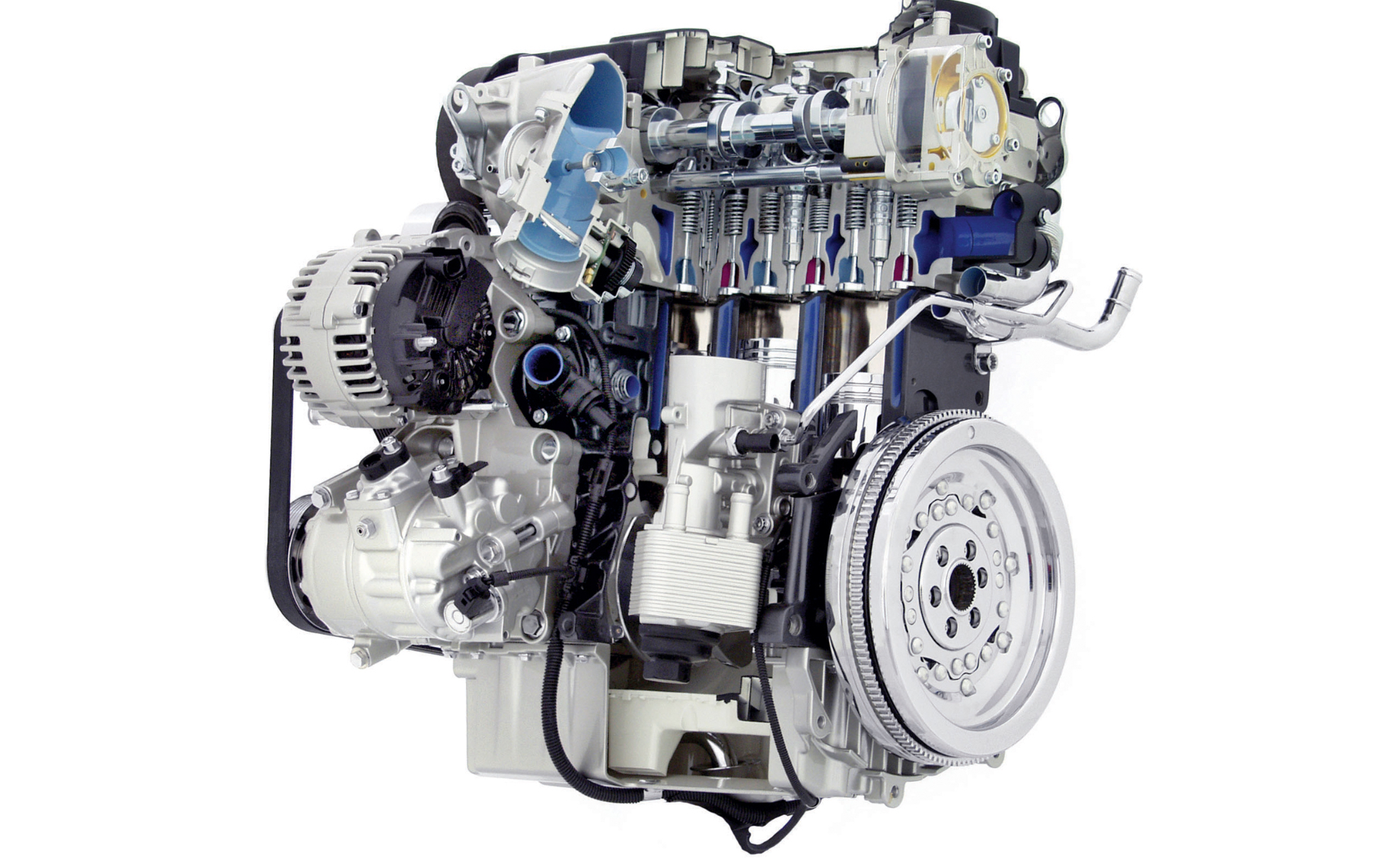
As in the previous 2.0-liter TSI engines, the increased displacement comes solely from a longer piston stroke (92.8 mm vs. 84.1 mm in the 1.8 TSI), while the compression ratio rises to 11.7:1 due to a modified piston crown and combustion chamber. New TSI injectors can push fuel into the cylinder at a higher maximum pressure (250 bar or 3,626.
New VW 122 PS TSI Engine In Detail

2.0-litre, (1984 cc, Fuel Injected) 85 kW (116 PS; 114 hp) — 1992-present Volkswagen Golf, Volkswagen Jetta, Volkswagen Passat, Volkswagen New Beetle 16-valve [ edit ] The 16 valve Volkswagen engine is the same as the EA827 series, the only difference being the addition of piston cooling oil squirters, similar to the g60 block but with a 16.
VOLKSWAGEN VW 1.6L DIESEL TURBO ENGINE AND MANUAL TRANSMISSION JDM Auto Parts USA
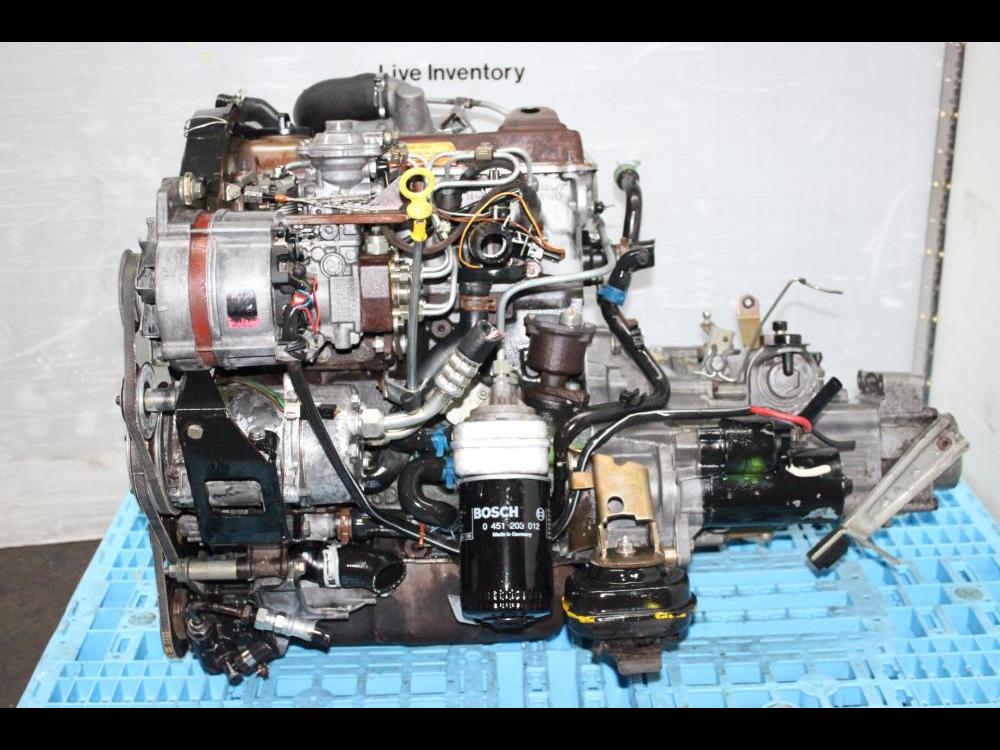
Next on our list of Volkswagen 2.0 TSI engine problems is the timing chain tensioner failure. The timing chain tensioner or the guide can fail and cause major engine damage. The tensioner as its name implies is the component that keeps the tension on the timing chain. When this problem happens, you will get pretty much the same symptoms that.
Volkswagen presenta nuevo motor 1.5 litro turbo

The 2.0L Turbo TSI, commonly referred to as the 2.0T TSI, engine was introduced in 2008.5 and used up until 2014 in a number of Volkswagen and Audi vehicles. More specifically, this engine was found in the Volkswagen GTI , Jetta , Passat, CC, Eos, Tiguan, and Beetle, in addition to being found in the Audi A3 and MK2 TT.
autosupply VW 2.5/4.9 Tdi Diesel Engine Timing Tool Kit (Toureg, Transporter)

VW-Audi 2.0 TSI/TFSI Engine Problems and Reliability. 1. High engine oil consumption. It is the usual situation with cars, which mileage is more than average. Often the reason is lousy oil rings or valve of crankcase ventilation. 2. Knocking, like a diesel engine. The reason is wear of camshaft chain tensioner. 3.
2003 Volkswagen Jetta TDI DrivingLine
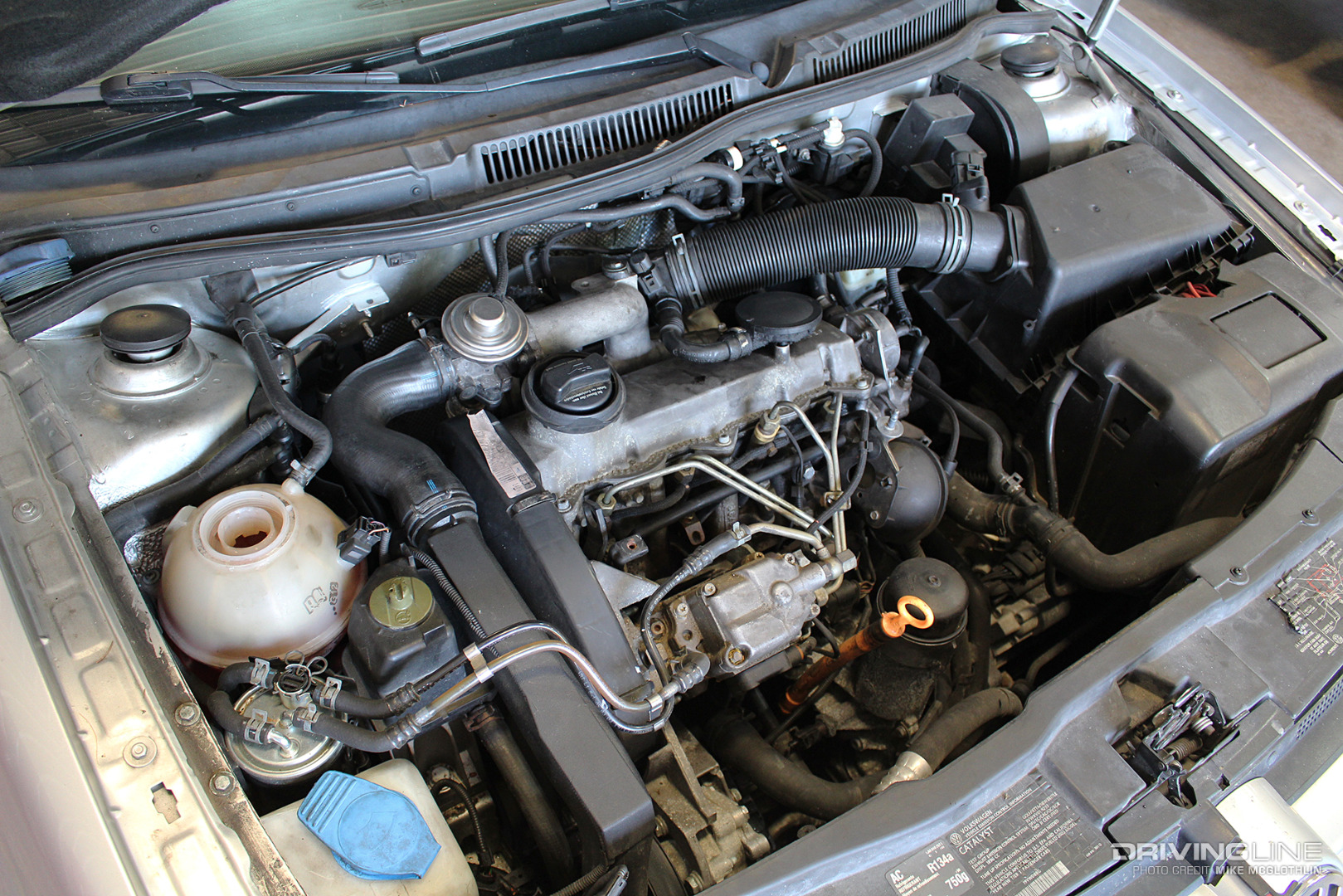
The EA827 family of petrol engines was initially developed by Audi under Ludwig Kraus leadership and introduced in 1972 by the B1-series Audi 80, and went on to power many Volkswagen Group models. This is a very robust water-cooled engine configuration for four- up to eight- cylinders.In Brazil this engine was produced under the name Volkswagen AP [] AP (Alta Performance, "high performance").
03H105313 Volkswagen Bearing. Cgeacgfa Jim Ellis Volkswagen, Atlanta GA

The 2.0TSI EA888/1 is known by following codes: CAWA, CAWB, CBFA, CCTA, and CCTB. Just like 1.8TSI, the 2.0l engine has a cast-iron cylinder block with the 88 mm (3.46 in) cylinder spacing and 220 mm height. The displacement growing was achieved by the new forged steel crankshaft with 92.8 mm (3.65 in) stroke while the bore size was kept the same.
Volkswagen Unveils New 6Liter W12 TSI TwinTurbo Engine with 608 HP autoevolution
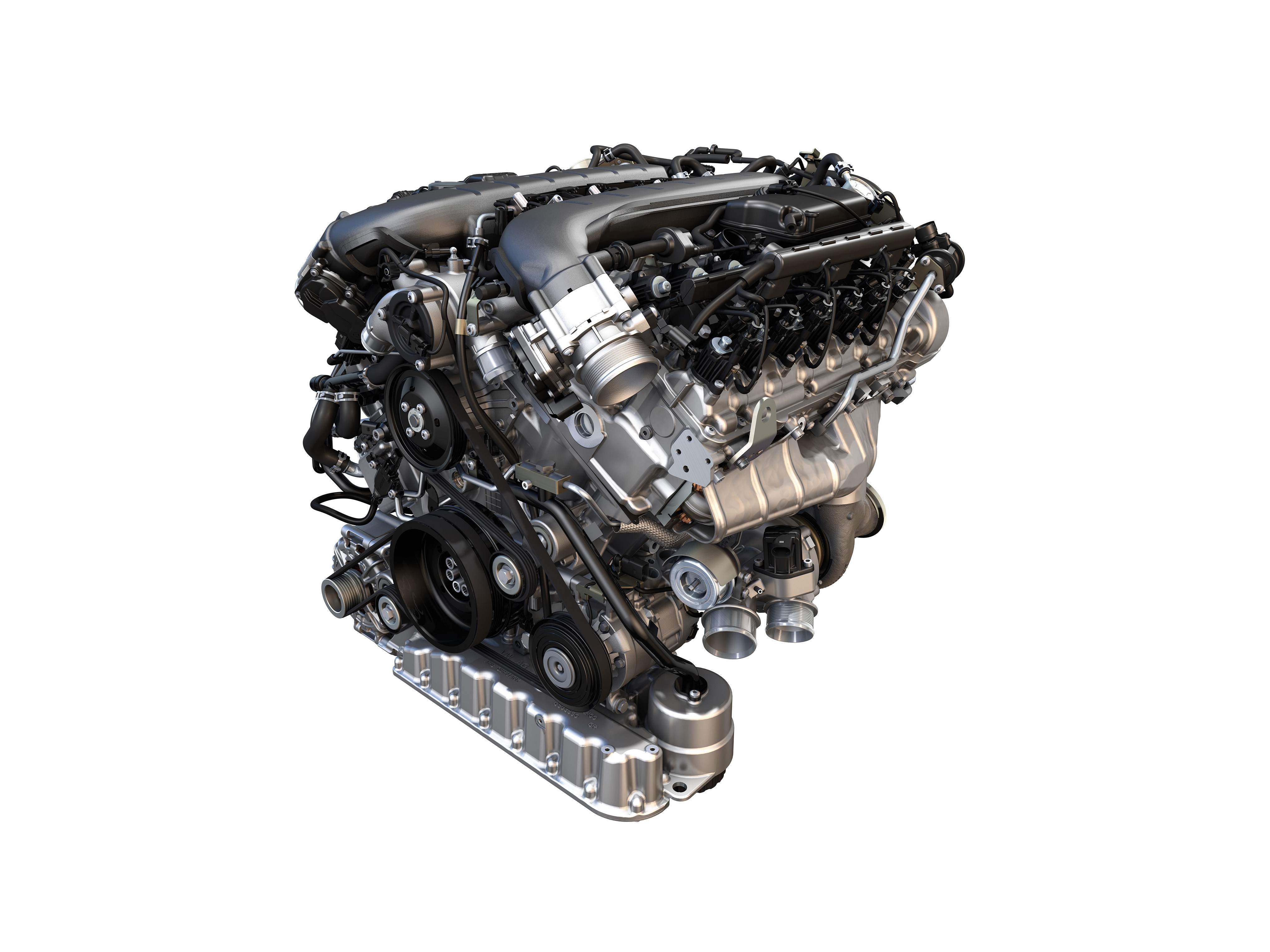
Recurring 2.0 TSI Failure Points. No engine is perfect, and the 2.0 TSI has a few weaknesses to be aware of: 1. Timing chain and tensioner failures. The early EA888 Gen 1 engines had fragile tensioners leading to premature timing chain stretching. This requires pulling the engine to fix.
FileDiesel Engine Type DS140 2C Hino.jpg Wikimedia Commons
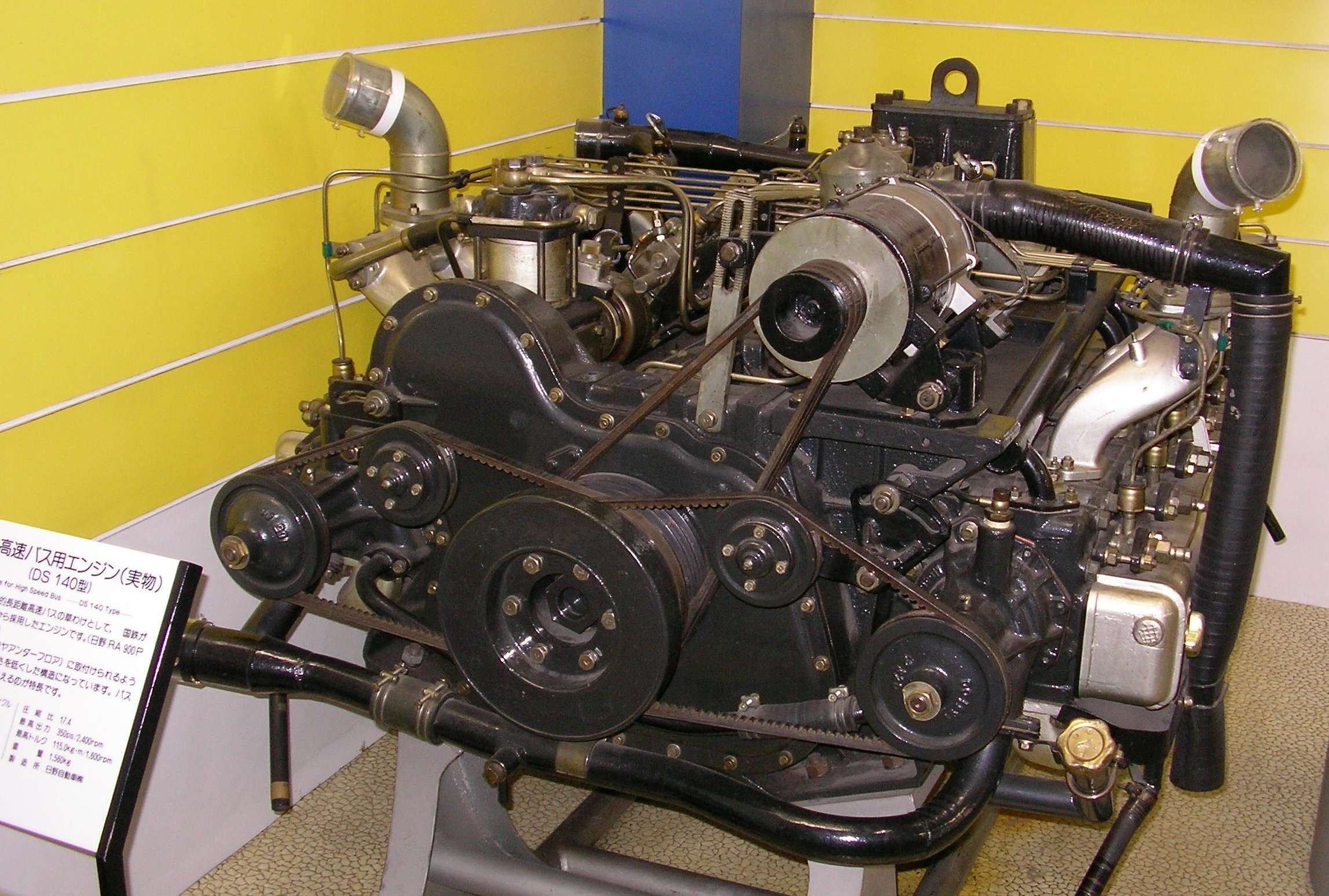
A modified version of the EA888 2.0-liter turbocharged I-4 used in the outgoing Tiguan and CC, it will also effectively replace the 1.8-liter TSI engine currently seen in the Passat, to start.
